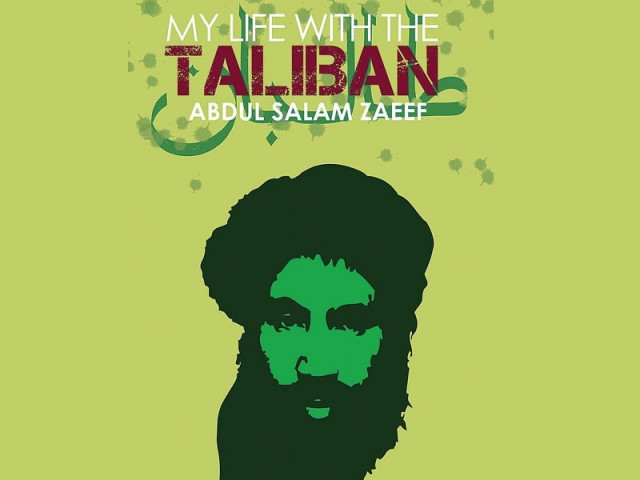My Life with the Taliban: Fact or fiction?
This book describes the author’s journey in which he sketches the details of pre-and post-Soviet Afghanistan.

A startling narrative from the man who was the Taliban’s ambassador to Pakistan, this book describes the author’s journey in which he sketches the details of the framework of pre-and post-Soviet Afghanistan to give the readers a greater understanding of the genesis of the Taliban. Most interesting is his take on the origin of the word ‘Taliban’ itself and he claims that the movement existed even during the Soviet years, a claim that is at odds with those who view it as a recent and cohesive political movement.
Zaeef’s argument is that the founders of the Taliban Movement waited patiently for quite some time for the then-prevalent corruption and social unrest to subside before undertaking the responsibility of trying to create a peaceful and conducive-to-living environment. He also claims that they only resorted to arms when they failed after a series of negotiations to convince the several groups of dacoits and thugs from among the mujahideen groups to give up their ways.
However refreshing the book is, as it is the only account of the Taliban movement from within the ranks of the Taliban, it also glosses over the many excesses committed by the regime. Mullah Zaeef’s accounts of the destruction of the Bamiyan Buddhas and the massacre of the Hazaras may seem too pat and betray a lack of understanding of the ways of the world. However, these are balanced by his claim that the world in turn did not appreciate the difficulties of successfully eradicating Opium cultivation in Afghanistan and restoring order to a lawless land.
The epilogue is needs to be read aloud to all the diplomats currently serving in Kabul and Washington, in general and to those in Islamabad in particular. Although the writer does not end his story by providing the readers with solutions to the social and political mayhem created by the “War on Terror”, he asserts that a continued increase in the number of soldiers deployed in Afghanistan is not a viable solution either. Instead, he says, it will lead to more bloodshed on both the Afghan and the American sides. He suggests that the US should revise its war policy by beginning a campaign of peace.
Strangely enough, the author simply refuses to affirm his alleged close links with the Al-Qaeda group. Thus, it is safe to assume that there is yet a lot to be said and heard about the associations between the Taliban and the Al-Qaeda.
All in all, the book is a good read simply because it is written by a high-ranking member of the Taliban, and is an invaluable insight into their way of thinking.
Published in The Express Tribune, April 9th, 2011.



















COMMENTS
Comments are moderated and generally will be posted if they are on-topic and not abusive.
For more information, please see our Comments FAQ